13, April 2018
Pentagon cautions White House: Syria strike could trigger wider war 0
US Defense Secretary James Mattis has warned that a military strike on Syria carried the risk of spiraling out of control, cautioning the White House as it weighs how to respond to a suspected chemical attack outside Damascus last weekend.
Speaking before a House Armed Services Committee hearing on Thursday, Mattis said his primary concern in planning military action was avoiding anything that would trigger a wider war.
“On a strategic level, it’s how do we keep this from escalating out of control,” he said.
President Donald Trump initially threatened this week that he was committed to attacking the government of President Bashar al-Assad, which he accused of using chemical weapons in Douma.
However, Trump later softened his rhetoric, suggesting he was awaiting further advice and assessment before a final decision was made.
“Never said when an attack on Syria would take place,” he tweeted. “Could be very soon or not so soon at all!”
Mattis insisted the US policy in Syria still remained the same, which was the total defeat of the Daesh terrorist group without getting directly involved in the conflict.
“Our strategy remains the same as a year ago,” he said. “It is to drive this to a U.N.-brokered peace but, at the same time, keep our foot on the neck of ISIS until we suffocate it,” referring to Daesh.
The terror organization has been driven from most of the territory it held in Iraq and Syria, but pockets of militants remain.
On Thursday, Russia announced that the Syrian army had liberated Douma less than two months into its counter-terrorism operation in Eastern Ghouta.
“With every victory achieved on the field, the voices of some Western states are raised and actions are intensified in an attempt by them to change the course of events,” President Assad said after the announcement.
“These voices and any possible action will contribute nothing but an increase in instability in the region, threatening international peace and security,” he was quoted by Syrian state TV as saying.
The US has been in close consultations with Britain and France about launching a military operation in Syria as early as the end of this week, officials said.
French President Emmanuel Macron said Thursday France had proof the Assad government launched chlorine gas attacks, and that it would not tolerate “regimes that think everything is permitted.”
British Prime Minister Theresa May met with her cabinet, agreeing that it was “highly likely” President Assad was responsible for Saturday’s alleged chemical attack in Douma.
May’s cabinet agreed on the need to “take action” against the Syrian government, but added that the prime minister would continue to coordinate with allies.
Mattis, however, told lawmakers that the United States still had no hard proof, but he believed the Syrian government was responsible for Saturday’s attack.
The Organization for the Prohibition of Chemical Weapons, based in the Netherlands, announced it was deploying a fact-finding team to Douma, which was expected to arrive Saturday.
US officials have not said whether the presence of the international investigators could affect the timing of a potential military strike.
The plans for military action have especially been complicated because of the presence of roughly 2,000 Russian troops, who have been stationed in the country since 2015.
Russia has raised the possibility of a military confrontation with the United States if Syria is attacked. Russia also has sophisticated air defense systems in Syria and has threatened to shoot down American missiles.
Source: Presstv







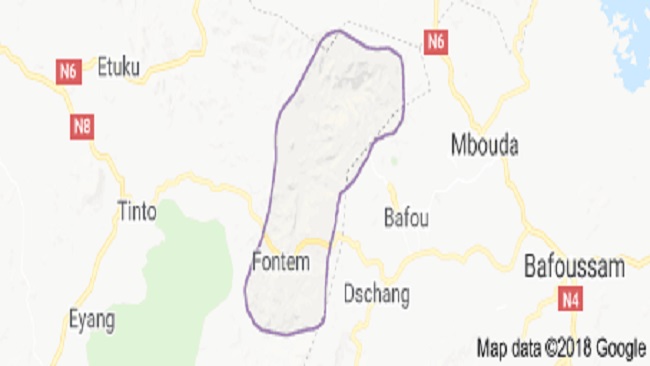

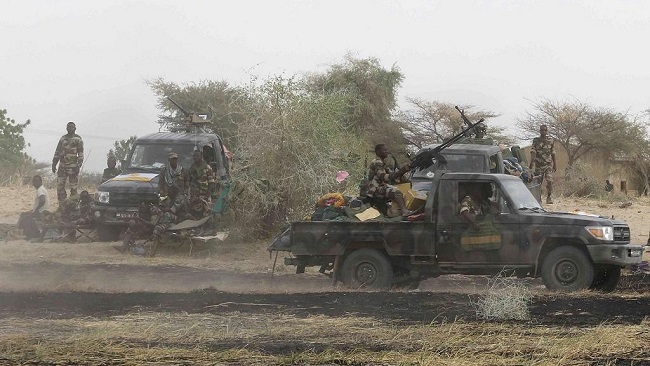
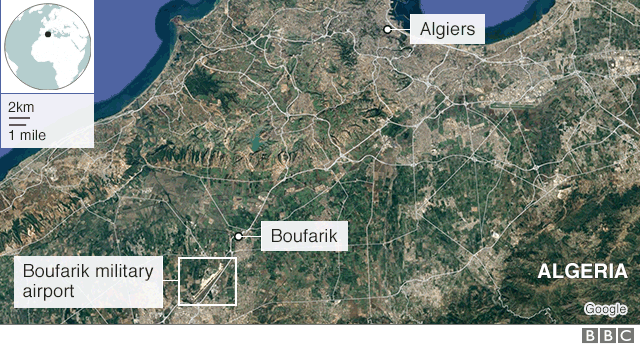
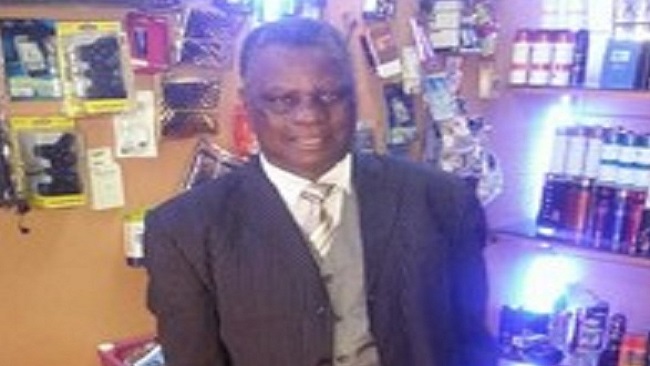
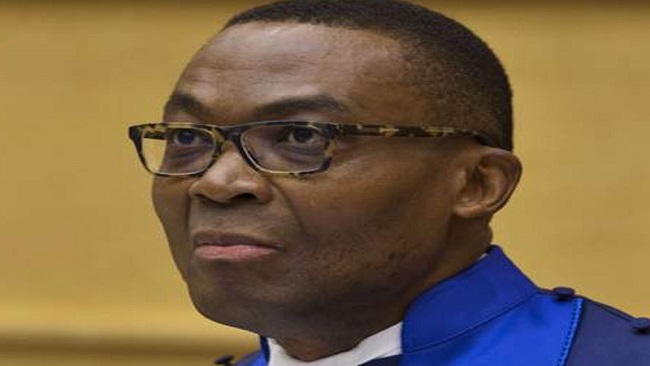

















13, April 2018
Southern Cameroons War: Ambazonians facing humanitarian crisis 0
Cameroonians swept up in a conflict between anglophone separatists and the government are facing a humanitarian crisis, aid groups say as they struggle to reach people in remote areas that have become virtually off-limits.
They have “numerous humanitarian needs”, said Allegra Maria Del Pilar Baiocchi, the UN’s humanitarian coordinator for Cameroon. “Beyond the violence, (the crisis) has an impact on health, on employment,” she told AFP.
Separatist ambitions have long simmered in two minority anglophone regions in the west of the country, where people complain of being marginalised by the French-speaking elite. The push for separation was galvanised by a heavy deployment of government troops last August, spurring a low-intensity conflict with sporadic attacks on symbols of the state.
“As with any armed conflict, civilians suffer the consequences of the violence, insecurity and fear,” said Alberto Jodra Marcos, who heads the Swiss branch of the humanitarian group Doctors Without Borders (MSF) in Cameroon.
According to UN estimates, tens of thousands of people are internally displaced in the English-speaking regions of Cameroon, a one-time German colony that was divided between France and Britain after World War I.
In the worst-hit areas of Mamfe and Kumba in the southwest, some 40,000 people are estimated to have fled their homes.
But some fear the numbers affected could be much greater, with one humanitarian worker saying it was impossible to quantify the displacement given the limited access. The government has imposed curfews on civilians in both regions, and aid groups are rarely allowed in.
‘War situation’
“It’s difficult for organisations like ours to carry out missions on the ground,” said Agbor Bala Nkongho, director of the NGO Centre for Human Rights and Democracy in Africa. “We are in a war situation. We can’t send people everywhere.”
As well as those who are internally displaced, many Cameroonians have fled the violence to neighbouring Nigeria. SEMA, a Nigerian relief agency, said some 34,000 have taken refuge in Nigeria’s Cross River State.
The state has said it will set up and fund a refugee camp with UN backing, but for now local communities are sheltering the majority of the Cameroonian refugees, according to SEMA chief John Inaku. “The situation is very difficult for us,” said Peter Kechi, the village chief of Bashu, which is some five kilometres (three miles) from the border and whose population has ballooned from 1,500 to 4,000 in a few months.
“We are taking refugees into our homes and our bedrooms, with sometimes 20 people sleeping in the same room,” Kechi said.
Locals say the refugees cross the border on foot through heavily forested mountainous areas, making it difficult to record their arrival. The UN has registered 20,485 Cameroonians in Nigeria, according to Baiocchi, who added that “the arrivals are continuing”.
Following a fact-finding mission in Cameroon’s anglophone regions, “we know more or less where the needs are… the next step is how to respond to them,” she said, reached by telephone from the Gabonese capital Libreville. Jodra Marcos of MSF said its workers had carried out training on how to care for the “wounded and traumatised” and donated medicines and equipment in anglophone areas.
However, “many communities (are) in a precarious situation” after staff have fled and some clinics have closed, he noted. Separatists have been blamed for the torching of schools in the areas, while aid groups and residents also regularly accuse the army of carrying out abuses against civilians.
Early this month a human rights activist charged that soldiers killed several civilians by setting fire to their homes. A security source, for his part, accused “some aid groups” of spreading disinformation. The government in Yaounde has repeatedly denied accusations of excessive violence and extortion.
Source: France 24